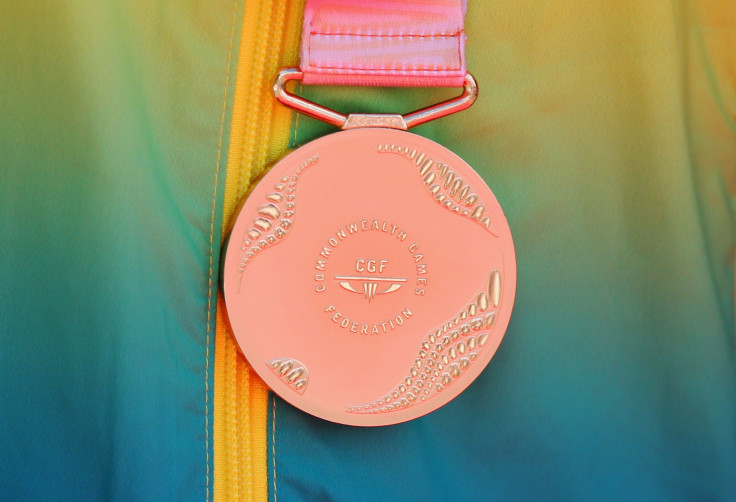Fields Medal: Caucher Birkar's 'Nobel For Mathematics' Stolen Minutes After Being Awarded

One of the winners of the Fields Medal 2018, often called the "Nobel Prize of mathematics," had his gold medal worth around $4,000 stolen minutes after receiving it during a ceremony in Rio de Janeiro on Wednesday.
According to event organizers, Caucher Birkar, a Kurdish–Iranian refugee turned Cambridge University math professor, put his 14-karat gold medal in a briefcase and soon afterward realized it had been stolen.
"The International Congress of Mathematicians is profoundly sorry about the disappearance of the briefcase belonging to mathematician Caucher Birkar, which contained his Fields Medal from the ceremony this morning," the organizers said.
The suitcase was found empty in a nearby pavilion at the Riocentro venue by security officials and security tapes were reviewed. Police has indentified two potential suspects.
Caucher Birkar, a Kurd who came to the UK as a refugee from Iran, has been awarded a Fields medal for his work in birational geometry.
— Jagger Lab 👂🔬🇬🇧🇪🇺🇺🇦💙 (@AuditoryNerves) August 1, 2018
https://t.co/Pp5GvjAAbG
Birkar, a 40-year-old specialist in algebraic geometry, celebrated his win as a dream come true and said: "I'm hoping this news will put a smile on the faces of those 40 million people.”
"Kurdistan was an unlikely place for a kid to develop an interest in mathematics," he said. Birkar later left Tehran University and received political asylum and citizenship in Britain where he established himself as a mathematical genius.
"To go from the point that I didn't imagine meeting these people to the point where someday I hold a medal myself — I just couldn't imagine that this would come true," he said.
His co-winners were Alessio Figalli, Peter Scholze and Akshay Venkatesh. Figalli had an unlikely start to academic superstardom and was only concerned about playing football till high school. He then joined the International Mathematical Olympiad which changed his mind. The prize "gives automatic visibility and opens up doors to us,” he said.
Figalli also joked that the one equation he is yet to solve is how to spend more time with his wife. "I have work for the next 30 or 40 years. But there is one problem I really hope to solve soon: that is me and my wife living in the same city," he said.
Scholze from Germany was awarded the prize for his work in arithmetic algebraic geometry. "There are an infinite number of problems. Whenever you solve a problem, there are 10 more coming,” he said.
Venkatesh, the fourth laureate, began his undergraduate degree in mathematics and physics at the University of Western Australia. He is an Indian-born, Australian-raised, prodigy who specializes in number theory.
"A lot of the time, when you do math, you're stuck. But you feel privileged to work with it: you have a feeling of transcendence and feel like you've been part of something really meaningful," he said, CBS News reported.
The award ceremony held once in every four years recognizes the mathematical achievements of candidates who are under the age of 40 and between two to four people are honored each time.
© Copyright IBTimes 2025. All rights reserved.





















